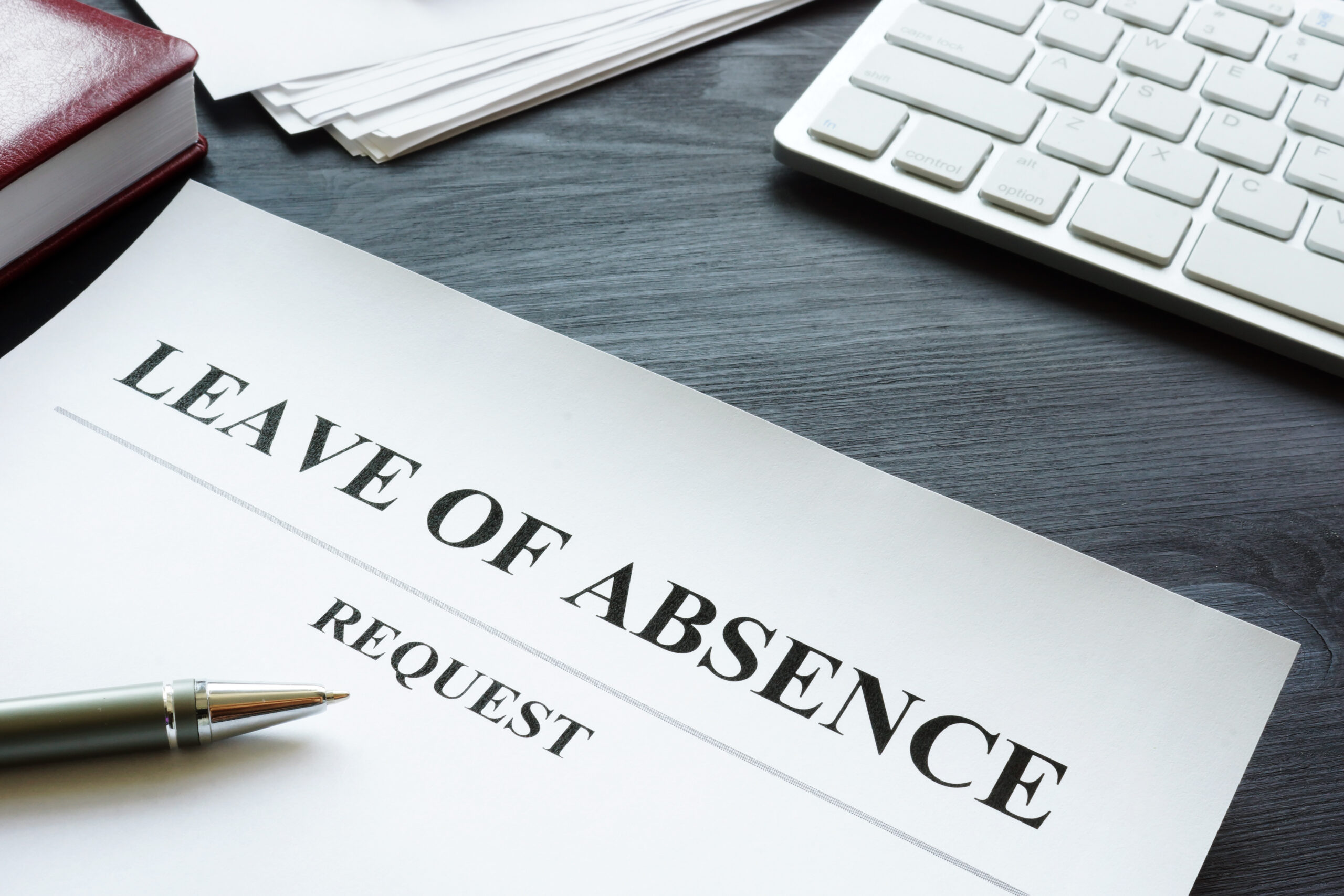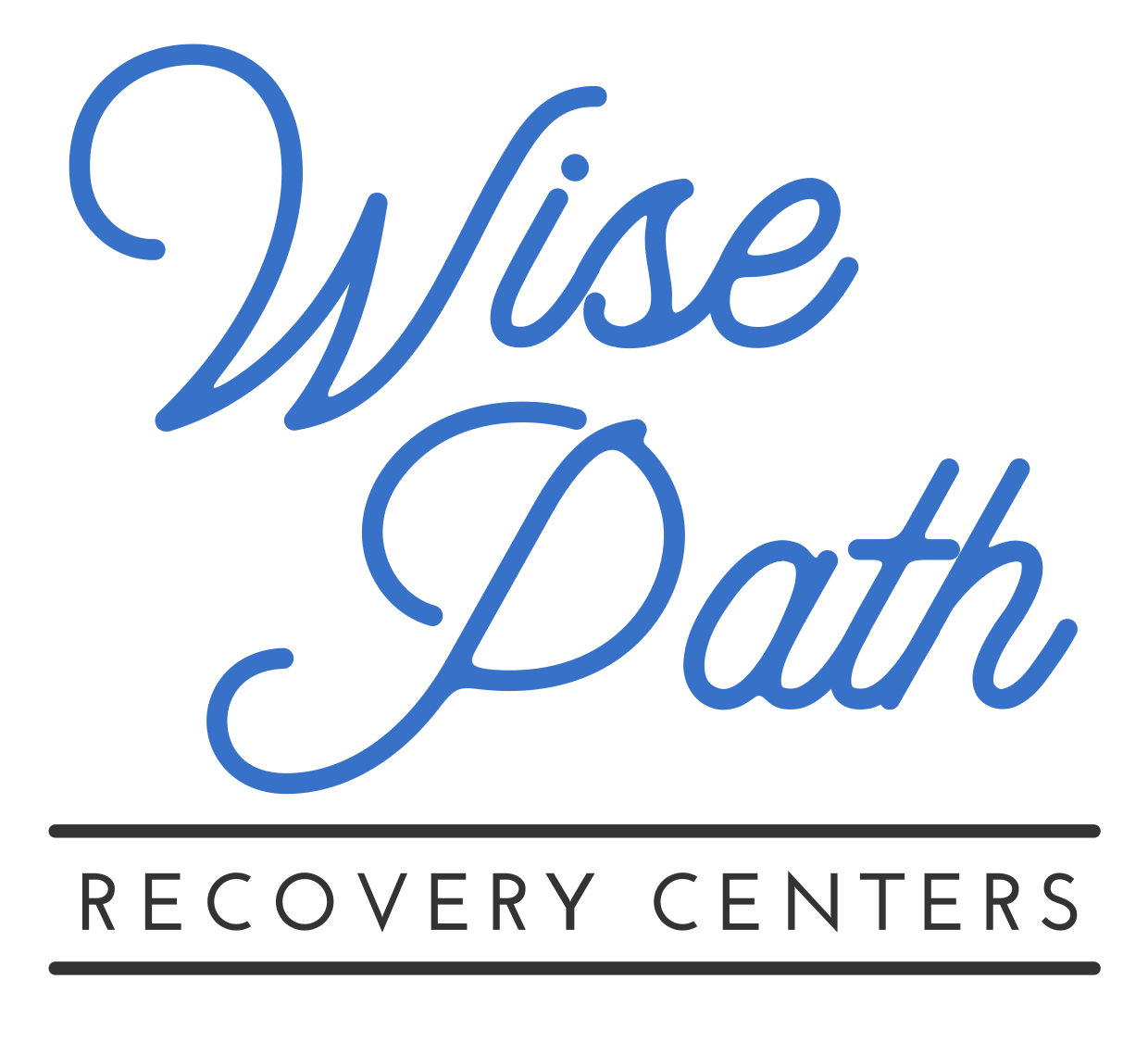Can you get fired for going to rehab? Many people hesitate to seek addiction treatment because they fear losing their jobs. The thought of telling an employer about going to rehab can bring up feelings of shame, uncertainty, and anxiety. But understanding your rights and how most workplaces handle these situations can help you make the best decision for your health and your future.
When You’re Afraid to Get Help Because of Work
It is normal to worry about what could happen at work if you decide to go to rehab. Many people fear losing respect, privacy, or even their jobs. However, avoiding treatment only makes things harder over time. Taking time to heal shows strength and self-awareness, qualities that most employers appreciate and often respect. Choosing recovery is not a step backward but a decision that can help you protect your health, career, and long-term stability.
Can You Get Fired for Going to Rehab
In most cases, you cannot be fired simply for going to rehab. Federal laws such as the Family and Medical Leave Act (FMLA) and the Americans with Disabilities Act (ADA) protect employees who voluntarily seek treatment for addiction. These laws recognize substance use disorder as a medical condition and may provide job-protected leave or reasonable accommodations.
These protections have limits. Employers can take action if substance use violates workplace policies or affects performance. Seeking treatment before disciplinary issues arise shows responsibility and can strengthen your position. Many employers now view rehab as a positive step and offer programs like Employee Assistance Programs (EAPs) to support recovery rather than penalizing employees for seeking treatment.

Understanding Your Rights and Employer Policies
Before starting treatment, it’s helpful to understand your legal protections. The Family and Medical Leave Act (FMLA) allows eligible employees up to 12 weeks of unpaid, job-protected leave for medical care, including rehab. The Americans with Disabilities Act (ADA) also prohibits discrimination and may require reasonable accommodations, such as flexible therapy schedules.
You also have a right to privacy. Employers can only request basic documentation if you require leave for an outpatient program or residential treatment and cannot share your medical information. If your workplace has an Employee Assistance Program (EAP), it can guide you through the process and connect you with treatment resources confidentially.
What to Do If You’re Struggling to Balance Work and Addiction
Balancing job responsibilities and substance use can feel exhausting. You might feel pressure to keep up appearances while silently struggling to stay in control. If your work or health is beginning to suffer, that is a clear sign that it may be time to step back and get help. But worrying about questions like, ‘Can you get fired for going to rehab?’ or ‘How do you talk to an employer?’ can often delay or thwart the process of getting help. That’s why it’s important to (if possible) speak privately with human resources or your EAP about your situation. These programs exist to support employees, not to punish them. Taking early action by undergoing outpatient or residential treatment may protect your job and make recovery more straightforward to manage.
Drug & Alcohol Rehab and
Addiction Treatment in West Virginia
Get in touch with our recovery center today at 866-860-9772
Can a Job Fire You for Going to Rehab After Relapse
Relapse can happen. It’s often part of the recovery process, and it can happen to anyone, but it doesn’t mean failure. What matters is how you respond. Many employers are more understanding when you are proactive about returning to treatment. If you’re asking yourself, Can a job fire you for going to rehab, you should know that seeking help after relapse generally demonstrates accountability and a desire to improve. With honesty, medical support, and a strong recovery plan, you can maintain your employment and continue building a healthy future.
Drug & Alcohol Rehab and
Addiction Treatment in West Virginia
Get in touch with our recovery center today at 866-860-9772
How Wise Path Recovery Can Help You Get Back on Track
Still wondering, can you get fired for going to rehab? Reach out to Wise Path Recovery Centers. Between our customized treatment plans, innovative dual diagnosis approaches, and compassionate, evidence-based care, we help people regain control of their lives and careers. Our team combines therapy, medical support, and holistic treatment to help you recover while maintaining stability at work and home. If substance use has begun to affect your job, we can help you build a personalized plan for recovery and return to work with confidence and clarity.
FAQ About Going to Rehab While Employed
Can my employer tell my coworkers that I am in rehab?
No. Your medical information is confidential and cannot be shared without your permission.
Will I lose my pay while I am in rehab?
Rehab leave under FMLA is unpaid, but you may be able to use sick days, vacation time, or short-term disability benefits.
Should I tell my boss I am going to rehab?
You only need to provide the necessary information for your leave to be approved. HR or your EAP can help handle the details discreetly.
Can I return to work after finishing rehab?
Yes. Many employees successfully return to their roles after treatment, often with improved focus and health.
How can you support me during treatment?
We help you plan your recovery around your work life, offering flexible programs and professional guidance to support healing and career success.

